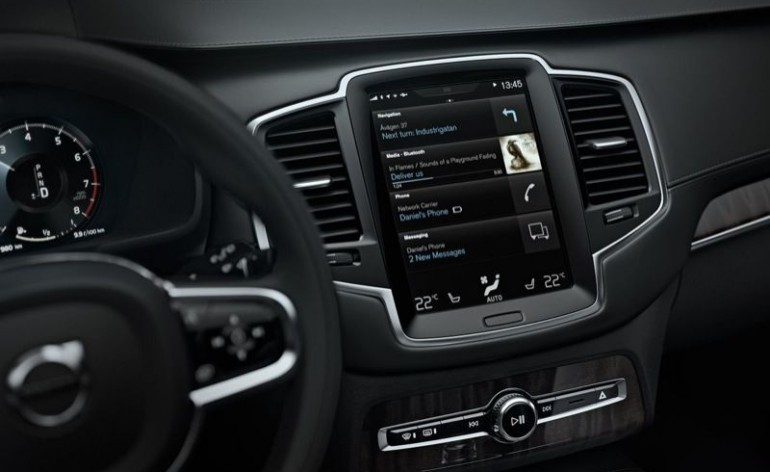When it comes to enhancing comfort and livability in your home or vehicle, investing in high-quality window tint is one of the best decisions you can make. Not only does it provide aesthetic appeal, but it also offers a host of practical benefits. One of the primary advantages is how it reduces glare and significantly improves your overall living experience. Let’s explore how high-quality window tint can positively impact your space.
1. Glare Reduction for Better Comfort
One of the most immediate and noticeable benefits of window tint is glare reduction. Glare from direct sunlight can be both annoying and disruptive, especially when you’re trying to relax, work, or drive. The right window tint effectively blocks harsh light, ensuring that your living or driving environment remains comfortable throughout the day.
- Better Visibility: With reduced glare, you can enjoy clearer visibility without straining your eyes.
- Improved Relaxation: Whether you’re watching TV, reading a book, or simply enjoying a cup of coffee, tinted windows eliminate the need to squint or adjust blinds repeatedly.
- Safer Driving: In vehicles, tinted windows reduce the glare from headlights at night and the sun during the day, which can improve overall road safety.
2. Temperature Control and Energy Efficiency
Another key benefit of high-quality window tint is its ability to regulate indoor temperatures. Tinted windows can block a significant amount of solar heat, which helps maintain a more comfortable temperature inside your home or car. This not only enhances your comfort but also contributes to energy efficiency.
- Less Heat: High-quality tints can reject up to 99% of UV rays, which means less heat enters your living space, keeping it cooler during the summer months.
- Lower Energy Bills: With less reliance on air conditioning or cooling systems, you can enjoy reduced energy costs over time.
- UV Protection: The tint also protects your furniture, flooring, and fabrics from UV rays that can cause fading and deterioration.
3. Enhanced Privacy and Security
Window tint does not just improve comfort it also adds a layer of privacy and security. Tinted windows make it more difficult for outsiders to peer into your home or vehicle, offering you peace of mind knowing that your space is protected.
- Privacy: Tint allows you to maintain a private environment while still being able to see out clearly.
- Security: High-quality tint can also make it harder for potential thieves to see valuables inside your home or car, reducing the risk of break-ins.
4. Aesthetic Appeal and Style
A well-chosen window tint enhances the aesthetic appeal of your property or vehicle. It provides a sleek, modern look while complementing your interior décor or vehicle design. The stylish appearance of tinted windows is a subtle way to elevate the overall vibe of your space.
- Sleek Design: Tinted windows give a polished, sophisticated look to both homes and vehicles.
- Customization: With various tint percentages, you can choose the level of tint that best suits your style preferences.
5. Understanding Tint Percentages and Regulations
When considering window tint, it is important to understand the various window tint percentages by state regulations. Each state has its own legal guidelines for how dark or reflective your window tint can be, ensuring that tinting remains both functional and compliant with local laws. Choosing the right tint percentage for your needs ensures that you achieve the perfect balance of privacy, glare reduction, and compliance with regulations.
- Legal Compliance: Adhering to tint percentage laws helps avoid potential fines or having to remove tint that does not meet state standards.
- Optimal Performance: The right tint percentage provides the best results for glare reduction and energy efficiency while still being legally compliant.
By carefully selecting the right tint percentages, you can maximize the benefits of window tint without compromising on style, comfort, or legality. High-quality window tint is more than just a cosmetic upgrade it is a smart investment that enhances your living or driving experience in countless ways.








